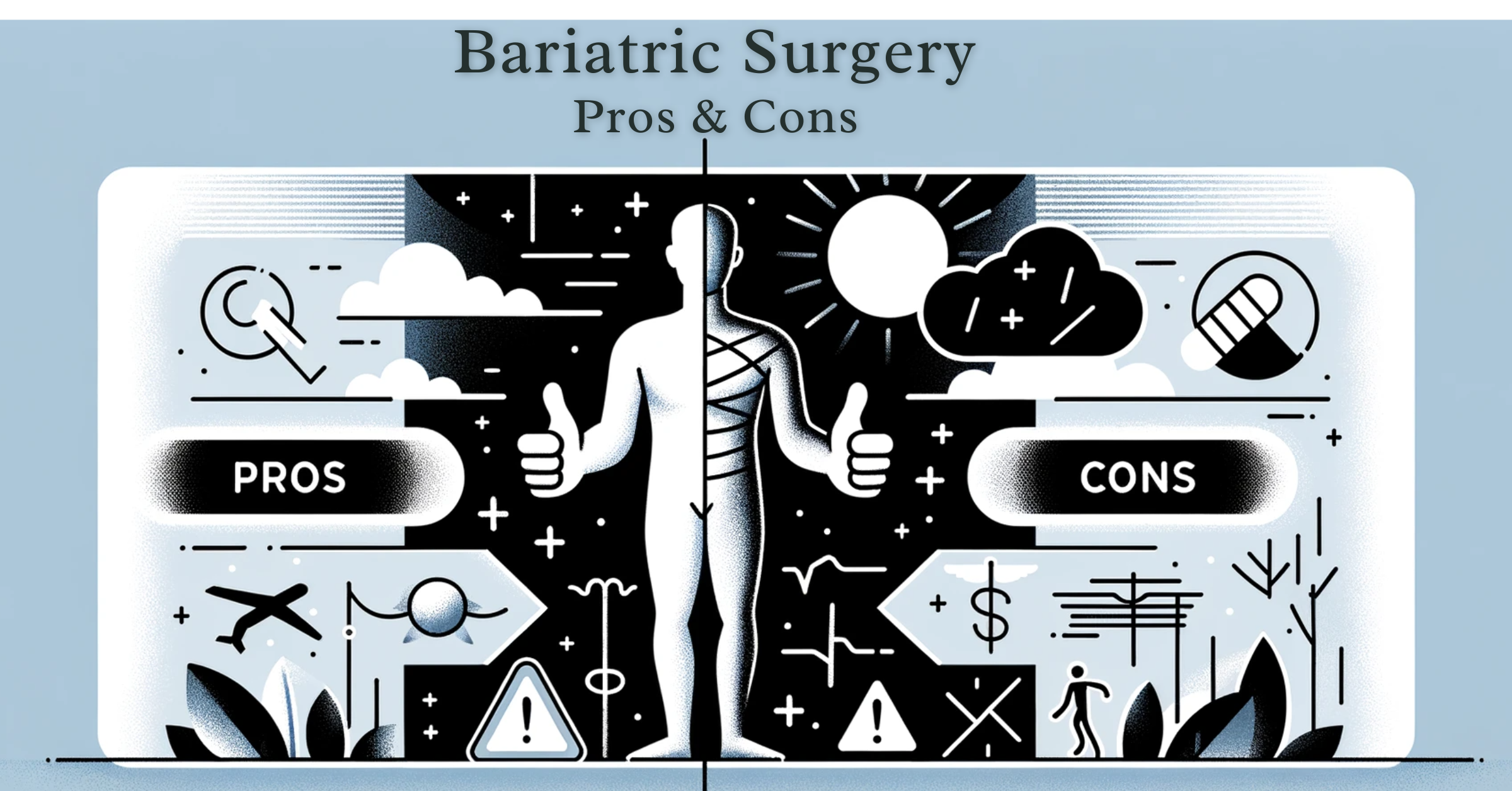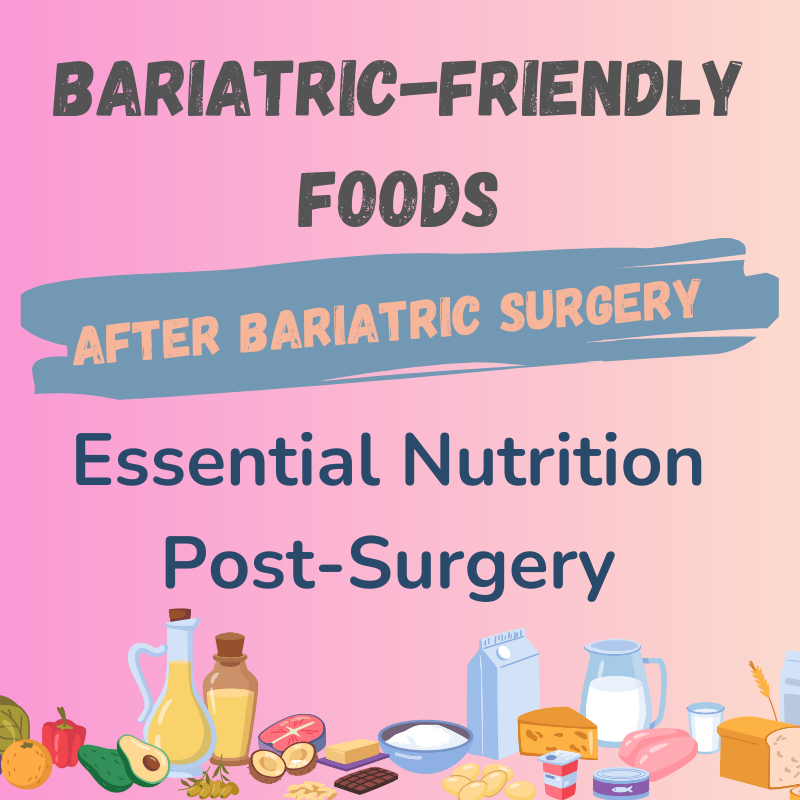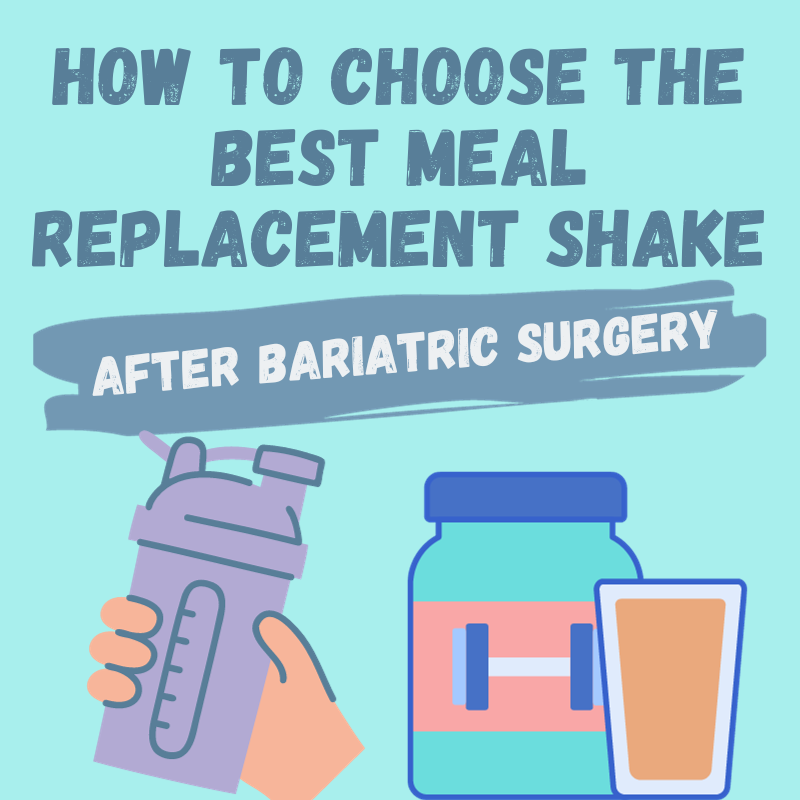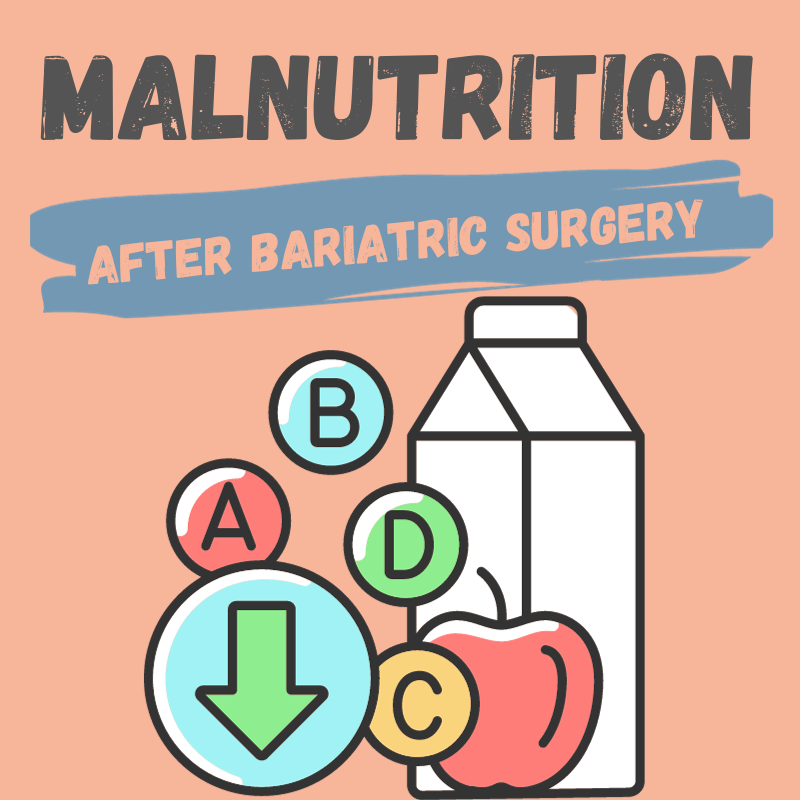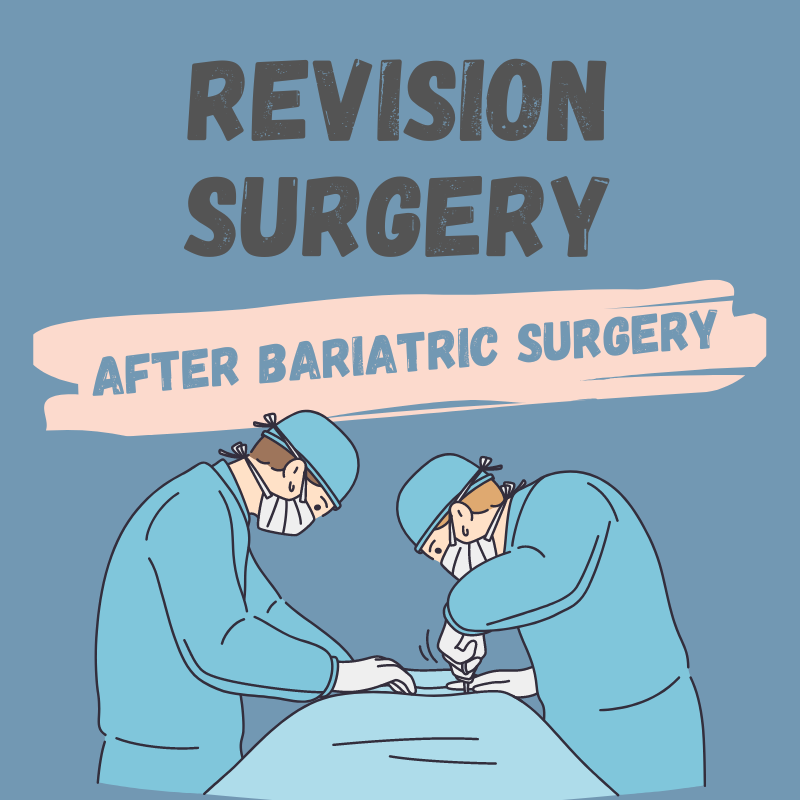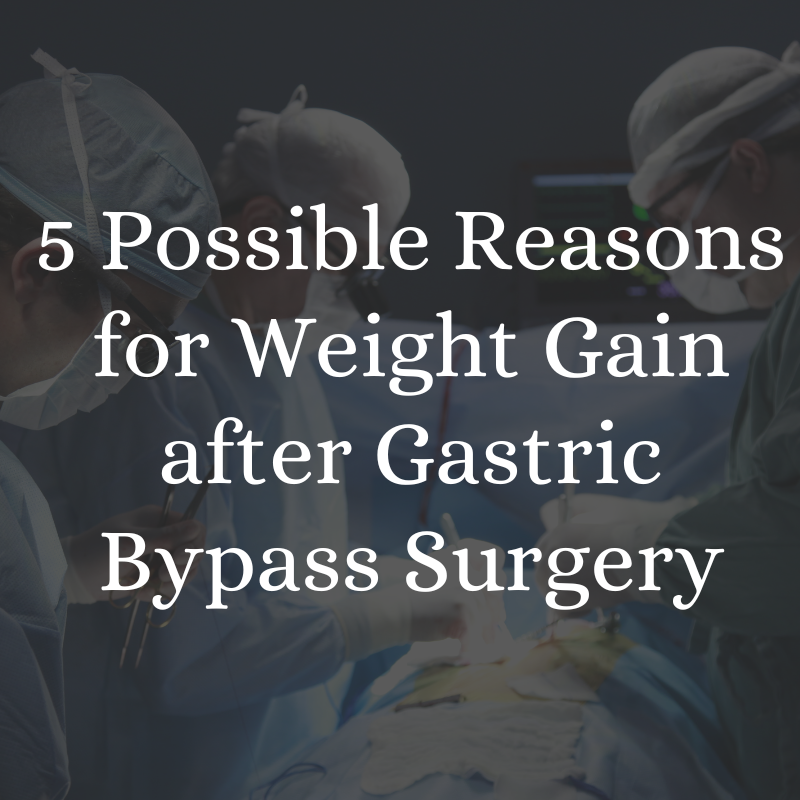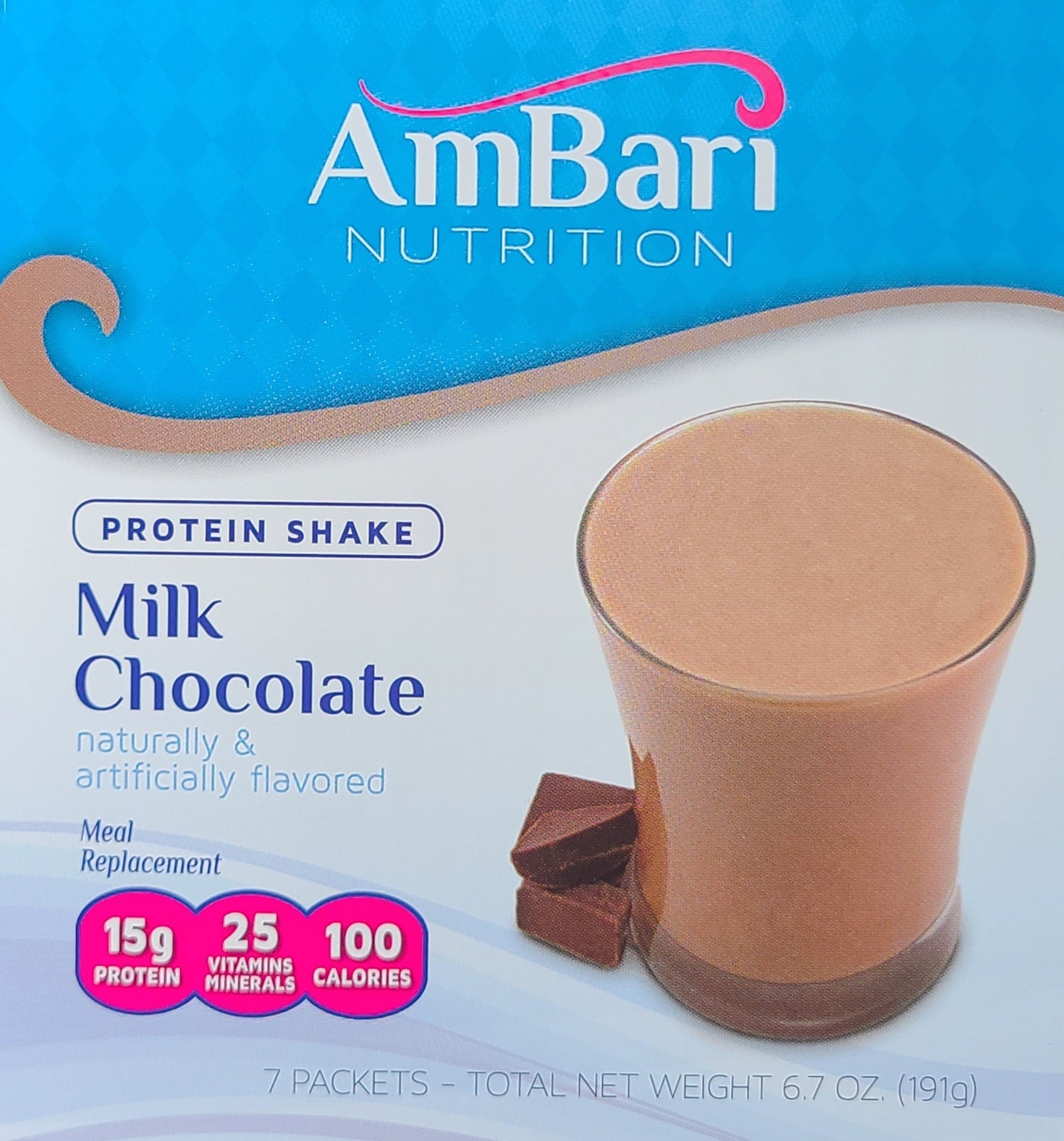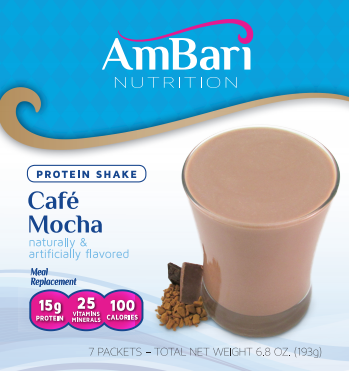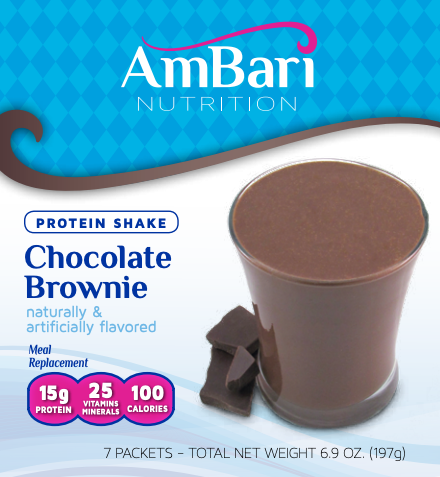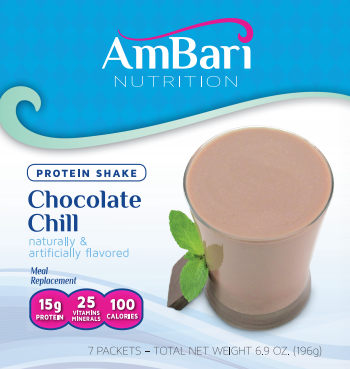Your cart is empty
Pregnancy After Weight Loss Surgery: A Complete Guide

Bariatric surgery has proven to be an effective method for individuals struggling with obesity to achieve significant weight loss and improve their overall health. As a result, many women who have undergone bariatric surgery may find themselves considering pregnancy. This article aims to provide guidance on what to expect and how to prepare for a healthy pregnancy after bariatric surgery.
TABLE OF CONTENTS:
- Timing Your Pregnancy After Surgery
- Nutritional Considerations
- Bariatric Prenatal Vitamins
- Weight Management
- Potential Complications & Risks
- Mental Health Issues
- Labor & Delivery
- Postpartum Care
- Key Takeaways (Summary)
Timing of Pregnancy After Bariatric Surgery
It is generally recommended that women wait at least 12 to 18 months after bariatric surgery before attempting to conceive. This waiting period allows for nutritional stabilization and weight loss stabilization, which are essential for a healthy pregnancy. Early pregnancy after surgery carries potential risks, such as nutrient deficiencies and complications related to the surgery itself. On the other hand, waiting for the recommended time can improve fertility and reduce the risk of complications.
Finding Stability for a Healthy Start
During the 12 to 18-month period following your surgery, your body goes through significant changes. This time allows for two crucial factors to stabilize, setting the stage for a healthy pregnancy:
- Nutritional stabilization: After bariatric surgery, your body's ability to absorb nutrients changes. This waiting period helps you establish a nutrient-rich, balanced diet and adapt to your new lifestyle, ensuring you and your baby receive all the necessary nutrients during pregnancy.
- Weight loss stabilization: The months following your surgery are often marked by rapid weight loss. Once your weight stabilizes, it becomes easier to monitor and manage weight gain during pregnancy, which is crucial for both your health and your baby's development.
Risks of Early Pregnancy vs. Rewards of Waiting
Jumping into pregnancy too soon after surgery might seem tempting, but it can carry potential risks:
- Nutrient deficiencies: Your body may still be adapting to its new nutritional needs shortly after surgery, and early pregnancy can increase the risk of nutrient deficiencies for both you and your baby.
- Surgical complications: In the initial months following bariatric surgery, your body is still healing. Early pregnancy could potentially cause complications related to the surgery, such as issues with the surgical site or the need for additional procedures.
On the flip side, waiting for the recommended 12 to 18 months brings numerous benefits:
- Improved fertility: Weight loss achieved through bariatric surgery can positively impact fertility by regulating hormones and increasing the chances of conception.
- Reduced risk of complications: Allowing your body to stabilize nutritionally and in terms of weight loss can significantly reduce the risk of pregnancy-related complications for both you and your baby.
By waiting for the recommended period, you give yourself the best chance of having a healthy, happy pregnancy.
Nutritional Considerations
Nourishing your body with a balanced diet during pregnancy is always important, but it's even more crucial after bariatric surgery. To ensure both you and your baby receive all the essential nutrients and avoid potential deficiencies, it's time to whip up some delicious and nutritious meals! Let's explore the key nutrients you should focus on, and how prenatal vitamins and supplements can provide an extra boost to your pregnancy diet.
The following nutrients play starring roles in supporting a healthy pregnancy after bariatric surgery:
- Protein: Protein is essential for your baby's growth and development, and it helps build strong muscles and tissues. Lean meats, fish, eggs, dairy, beans, and tofu are great for protein, along with protein supplements.
- Iron: An increased blood volume during pregnancy calls for extra iron. This mineral helps transport oxygen to your baby and supports their development. Reach for iron-rich foods like spinach, lean red meat, beans, and fortified cereals.
- Calcium: Calcium is vital for building your baby's bones and teeth. To keep you both strong and healthy, incorporate calcium-rich foods like dairy products, leafy greens, and fortified plant-based milk into your diet.
- Vitamin D: This sunshine vitamin supports calcium absorption and helps build your baby's bones and teeth. Get your daily dose of vitamin D through sunlight exposure, fatty fish, fortified milk, or supplements.
- Folate: Folate is a B-vitamin superhero that helps prevent neural tube defects in your baby. Load up on folate-rich foods like leafy greens, beans, citrus fruits, and fortified grains.
- Vitamin B12: Vitamin B12 plays a crucial role in brain development and the formation of red blood cells. Animal products like meat, fish, dairy, and eggs are excellent sources of B12.
It’s recommended to supplement these specific vitamins and minerals with over the counter dietary products.
Bariatric Prenatal Vitamins
As you know, bariatric surgery can significantly impact the body's ability to absorb nutrients, which can be especially concerning during pregnancy when the demand for vitamins and minerals is higher. That's where bariatric prenatal vitamins come in. These vitamins typically contain higher levels of key nutrients compared to standard prenatal vitamins to compensate for potential deficiencies caused by the surgery.
Remember, a healthy pregnancy starts with proper nutrition, and bariatric prenatal vitamins can help support both you and your little one throughout this incredible journey!
Weight Management During Pregnancy
Navigating weight gain during pregnancy can be a delicate process, particularly for women who have undergone bariatric surgery. Understanding what constitutes healthy weight gain is essential to ensure both your wellbeing and your baby's development.
Understanding Healthy Weight Gain: A Personalized Approach
Healthy weight gain during pregnancy isn't one-size-fits-all. It's typically based on your pre-pregnancy BMI (body mass index) and should be gradual throughout your pregnancy. Your doctors will help you determine the ideal range of weight gain for your unique situation, ensuring a healthy balance for both you and your baby.
Easing Emotional Impact and Body Image Concerns
Weight gain after bariatric surgery can be an emotional experience, particularly during pregnancy. It's important to manage your expectations and address body image concerns to promote a positive and healthy mindset. Keep in mind that pregnancy weight gain is necessary for your baby's growth and development, and remember that every woman's journey is unique. Embrace the changes in your body.
Tips for a Healthy Weight During Pregnancy: Balancing Act
Maintaining a healthy weight during pregnancy is achievable with a few key strategies:
- Regular exercise: Staying active can help you manage weight gain and promote overall wellbeing. Talk to your doctor for guidance on safe exercises during pregnancy, such as walking, swimming, or prenatal yoga.
- Balanced diet: Nourishing your body with nutrient-rich foods not only supports a healthy weight but also provides essential nutrients for your baby's development. Focus on a balanced diet filled with fruits, vegetables, whole grains, lean proteins, and healthy fats.
- Monitor weight gain with a healthcare provider: Regular check-ins will help you track your weight gain and make adjustments as needed, ensuring you stay within a healthy range throughout your pregnancy.
Understanding and managing weight gain during pregnancy after bariatric surgery is an essential part of a healthy and happy journey. By focusing on gradual weight gain, addressing emotional impact and body image concerns, and incorporating tips like regular exercise, a balanced diet, and monitoring your progress with your doctor, you can confidently navigate this unique phase of life. Embrace the changes and celebrate the growth of your beautiful baby bump!
Potential Pregnancy Complications and Risks
Women who have undergone bariatric surgery may face certain specific risks during pregnancy, including nutrient deficiencies and surgical complications. General pregnancy risks, such as gestational diabetes, pre-eclampsia, and preterm birth, should also be considered. Regular prenatal check-ups, diagnostic tests, and open communication with healthcare providers can help monitor and manage these risks.
Unique Concerns for Bariatric Surgery Patients
Women who have had bariatric surgery may face certain risks during pregnancy, including:
- Nutrient deficiencies: Due to changes in nutrient absorption after surgery, there is an increased risk of deficiencies in vital nutrients, such as iron, calcium, and vitamin B12.
- Surgical complications: Pregnancy can put stress on the surgical site or cause complications related to the surgery itself, such as bowel obstructions or hernias. Regular check-ups and open communication with your healthcare team can help identify and address any issues that may arise.
General Pregnancy Risks to Keep in Mind
In addition to unique concerns, women who have had bariatric surgery should also be aware of general pregnancy risks, such as:
- Gestational diabetes: This type of diabetes develops during pregnancy and can lead to complications for both mother and baby. Maintaining a healthy diet and monitoring blood sugar levels are essential for managing this risk.
- Pre-eclampsia: This condition is characterized by high blood pressure and damage to organs, such as the liver or kidneys. Regular prenatal check-ups can help detect and manage pre-eclampsia.
- Preterm birth: Babies born before 37 weeks of pregnancy may face health issues related to their early arrival. Monitoring your pregnancy closely can help reduce the risk of preterm birth.
The Power of Prenatal Care and Communication
Regular prenatal check-ups are like a protective shield, helping to ensure the wellbeing of both you and your baby. These visits allow your healthcare provider to:
- Monitor your weight gain and overall health, addressing any concerns related to your bariatric surgery.
- Keep a close eye on your baby's development, checking for any potential issues or complications.
- Provide personalized guidance on diet, exercise, and self-care to support a healthy pregnancy journey.
Diagnostic Tests: Gaining Insights for a Safe Journey
Diagnostic tests are like a map, offering valuable insights into your pregnancy's progress. These tests may include:
- Blood tests to monitor nutrient levels, blood sugar, and other indicators of your health.
- Ultrasound scans to track your baby's growth and development, ensuring everything is on track.
- Additional screenings or tests based on your unique needs and circumstances.
Mental Health and Emotional Support
Mental health and emotional support are crucial during pregnancy, anxiety and depression can be common concerns, especially for women who have had bariatric surgery. From seeking the involvement of your partner to finding solace in support groups and counseling services, it's essential to nurture your inner world as you grow a new life.
The Power of Partner Involvement: Sharing the Journey
The support of your partner can be an invaluable source of strength and comfort during pregnancy. Encourage open communication and share your feelings, concerns, and joys with each other. By involving your partner in prenatal appointments, childbirth classes, and decision-making, you'll create a strong foundation of support that will last throughout your pregnancy and beyond.
Support Groups and Counseling Services: Finding Your Tribe
Support groups and counseling services can be a lifeline for women navigating pregnancy after bariatric surgery. Connecting with others who have walked a similar path can provide encouragement, understanding, and a sense of belonging.
Professional counseling services can also offer tailored guidance and tools to help you cope with the unique challenges you may face. Don't be afraid to reach out to the support system available to you.
Coping Strategies: Building Your Emotional Toolkit
Developing coping strategies can be a game-changer when it comes to maintaining mental wellbeing during pregnancy. Here are a few techniques to consider:
- Stress management: Identify and address the sources of stress in your life, and explore healthy ways to manage them, such as delegating tasks, setting boundaries, or practicing time management.
- Mindfulness: Engage in mindfulness practices like meditation, deep breathing exercises, or journaling to help you stay present and connected to your emotional landscape.
- Relaxation techniques: Incorporate relaxation techniques like prenatal yoga, guided imagery, or progressive muscle relaxation to help calm your mind and body.
- Self-care: Prioritize self-care by setting aside time for activities that bring you joy, relaxation, and rejuvenation.
Nurturing your mental health and seeking emotional support during pregnancy after bariatric surgery is just as important as caring for your physical wellbeing. By involving your partner, connecting with support networks, and building a robust emotional toolkit, you'll be well-equipped to navigate the ups and downs of this incredible journey.
Labor and Delivery Considerations
As you approach the grand finale of your pregnancy journey after bariatric surgery, it's essential to be aware of how your surgery might impact labor and delivery. From choosing the mode of delivery to addressing anesthesia concerns, preparation is key to ensuring a smooth and joyful arrival for your little one. Preparing for labor and delivery includes creating a birth plan, talking with your medical team, and understanding potential interventions that may be necessary.
Choosing the Mode of Delivery: A Personal Decision
The mode of delivery is a personal decision that should be made in collaboration with your healthcare provider. While bariatric surgery doesn't necessarily mean you can't have a vaginal delivery, your medical history, pregnancy progress, and any potential complications may influence the choice between a vaginal birth and a cesarean section.
Anesthesia Concerns: A Tailored Approach
Anesthesia is another important consideration during labor and delivery. Some bariatric surgery patients may have concerns or restrictions regarding certain types of anesthesia, such as epidurals. Discuss any potential anesthesia concerns with your doctor and anesthesiologist. They will help tailor an anesthesia plan to suit your unique needs and preferences.
Creating a Birth Plan: Charting Your Course
A birth plan is like a roadmap, guiding you through the labor and delivery process. To create a comprehensive and personalized birth plan, consider the following:
- Talk to your physician about your preferences and any unique considerations related to your bariatric surgery.
- Research and explore your options for pain management, birthing positions, and support during labor.
- Communicate your desires regarding immediate skin-to-skin contact, breastfeeding, and any other post-delivery preferences.
- Share your birth plan with your healthcare team, partner, anyone in the labor room with you, and any support persons to ensure everyone is on the same page.
Understanding Potential Interventions: Being Prepared for the Unexpected
While it's important to have a birth plan in place, it's equally essential to be prepared for any unexpected situations that may arise during labor and delivery. Discuss potential interventions with your healthcare provider, such as the use of forceps, vacuum extraction, or the possibility of an emergency cesarean section. Being informed and prepared for any scenario will help you feel more confident and empowered during the birth process.
Postpartum Care and Adjustments
As you transition into the postpartum period after bariatric surgery, it's essential to focus on your wellbeing and adjust to your new role as a mother. From breastfeeding and nutrition to weight loss and body image, the postpartum journey is a delicate balance of physical, emotional, and mental care.

Nourishing Your Baby: Breastfeeding and Nutrition
Breastfeeding and nutrition are at the heart of postpartum care, providing essential nourishment for both you and your little one. To ensure successful breastfeeding, keep the following in mind:
- Understand your unique nutritional needs as a bariatric surgery patient
- Monitor your nutrient levels and continue taking supplements as recommended by your healthcare provider to maintain optimal health for both you and your baby.
- Seek support from a lactation consultant or breastfeeding support group to help navigate any challenges and ensure a positive breastfeeding experience.
Postpartum Weight Loss and Body Image: A Healthy Approach
Shifting your focus to postpartum weight loss and body image concerns is an important aspect of your post-bariatric surgery journey. To address these concerns in a healthy and supportive way:
- Set realistic expectations for weight loss, and remember that it takes time for your body to heal and adjust.
- Focus on a balanced diet and gentle exercise, such as walking or postpartum yoga, to support gradual weight loss.
- Seek support from friends, family, or a professional counselor to help you navigate any body image concerns or emotional challenges related to postpartum weight loss.
Emotional and Mental Health: Postpartum Care for the Soul
Just as you cared for your emotional and mental health during pregnancy, it's essential to continue nurturing your inner world during the postpartum period. Pay special attention to:
- Postpartum depression: Be aware of the signs and symptoms of postpartum depression, and don't hesitate to seek professional help if needed.
- Self-care: Make time for self-care activities that bring you joy and relaxation, such as reading, meditation, or spending time in nature.
- Support networks: Lean on your partner, friends, family, and support groups for encouragement, understanding, and companionship during this new chapter in your life.
Embracing postpartum care and adjustments after bariatric surgery involves nurturing your physical, emotional, and mental wellbeing. By focusing on breastfeeding and nutrition, adopting a healthy approach to weight loss and body image, and prioritizing your emotional and mental health, you'll be well on your way to thriving in your new role as a mother!
Key Takeaways: Pregnancy After Bariatric Surgery
- Timing matters: Wait 12-18 months post-surgery to ensure better fertility and reduced complications.
- Nourish with nutrients: Focus on a balanced diet with essential nutrients and talk to your doctor about prenatal vitamins.
- Manage weight: Understand healthy weight gain, exercise regularly, and monitor weight with your healthcare provider.
- Stay prepared: Be aware of potential complications and maintain regular prenatal check-ups and open communication with healthcare providers.
- Embrace emotional support: Seek help through partners, support groups, counseling services, and practice coping strategies.
- Plan for labor & delivery: Discuss options with your healthcare provider and create a birth plan.
- Postpartum care: Prioritize breastfeeding, nutrition, healthy weight loss, and monitor emotional and mental health.
With proper guidance and care, a happy and healthy pregnancy after bariatric surgery is achievable!
Read More: My Pregnancy After Gastric Bypass Surgery
Read More: The Best Bariatric Vitamins
Bariatric Guides & Information
More Info
Customer Favorites
- Choosing a selection results in a full page refresh.






